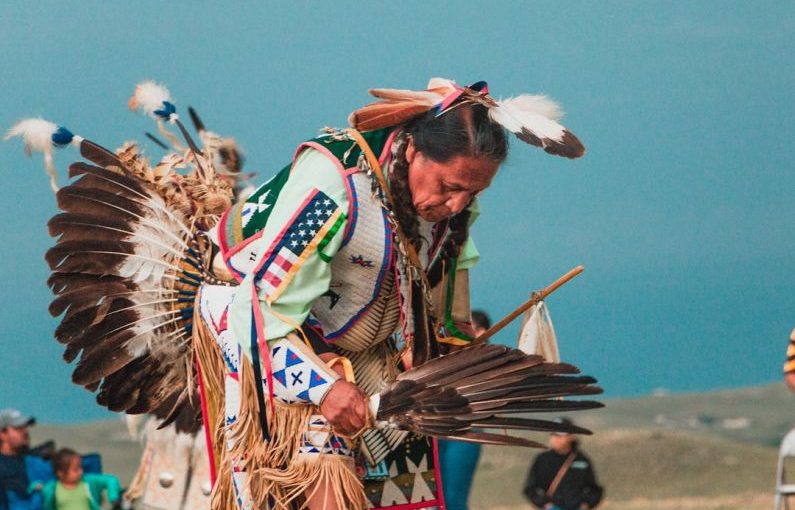Native American tribes have a rich and diverse history that spans thousands of years. These indigenous peoples have inhabited the land now known as the United States long before European settlers arrived. The history and culture of Native American tribes are deeply intertwined with the land, traditions, and values that have been passed down through generations.
Origins and Migration
The history of Native American tribes in North America dates back thousands of years. It is believed that the first indigenous peoples migrated to the continent from Asia over a land bridge that once connected Siberia to Alaska during the last Ice Age. These early settlers spread out across the land, establishing distinct tribes with their own languages, customs, and territories.
Diverse Cultures and Traditions
There is great diversity among Native American tribes, each with its own unique culture and traditions. From the Navajo in the Southwest to the Inuit in the Arctic, these tribes have developed distinct ways of life shaped by their environment and experiences. Traditional practices such as storytelling, dance, and art play a significant role in preserving the cultural heritage of these indigenous peoples.
Spirituality and Connection to the Land
Spirituality is a central aspect of Native American culture, with many tribes holding deep reverence for the natural world and their ancestors. Traditional beliefs often center around the idea of interconnectedness between all living beings and the importance of living in harmony with the land. Ceremonies and rituals are performed to honor the spirits and seek guidance from the divine forces that govern the universe.
Impact of European Colonization
The arrival of European colonizers in the Americas had a profound impact on Native American tribes. Forced removal from their ancestral lands, disease, and warfare led to the decimation of indigenous populations and the loss of traditional ways of life. Many tribes were forced to assimilate into European culture or relocate to reservations, disrupting their social structures and spiritual practices.
Resilience and Cultural Revival
Despite centuries of colonization and oppression, Native American tribes have shown remarkable resilience in preserving their cultural heritage. Efforts to revitalize traditional languages, ceremonies, and art forms have helped to keep alive the rich traditions of these indigenous peoples. Organizations and individuals dedicated to cultural preservation work tirelessly to ensure that future generations can continue to celebrate and honor their Native heritage.
Challenges and Opportunities
While progress has been made in recent years to recognize and support Native American communities, many challenges still remain. Issues such as poverty, healthcare disparities, and environmental degradation continue to impact indigenous populations across the country. However, there are also opportunities for positive change, with increasing awareness and support for Native rights and sovereignty.
Looking to the Future
As we reflect on the history and culture of Native American tribes, it is important to acknowledge the resilience, strength, and diversity of these indigenous peoples. By honoring their traditions, advocating for their rights, and supporting their communities, we can help ensure a brighter future for Native Americans and preserve the rich tapestry of their heritage for generations to come.





